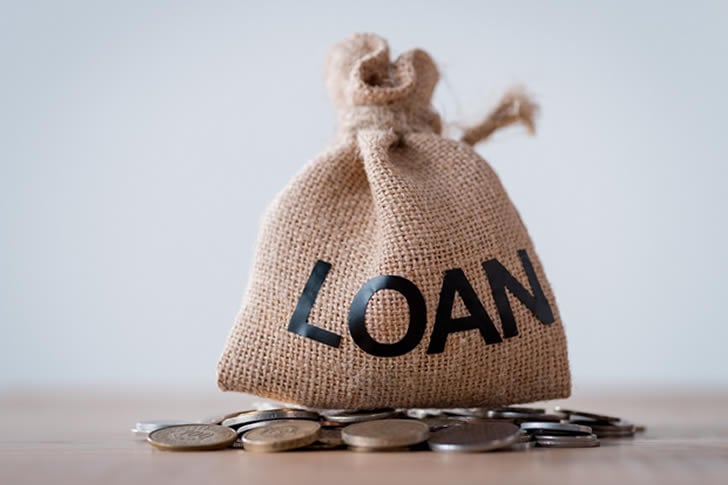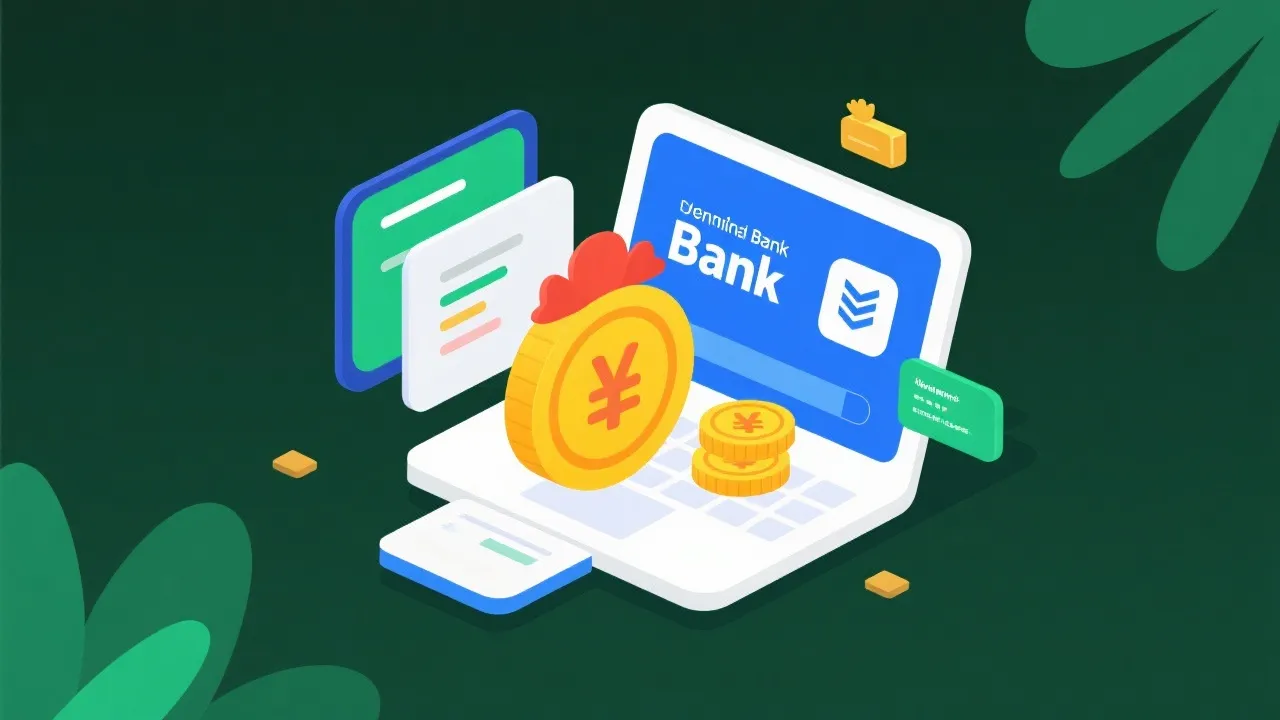Mastering Debt Consolidation: Boost Your Credit Score and Manage Interest Rates
Debt consolidation is a financial strategy that allows individuals to combine multiple debts into a single loan or payment plan, often with the goal of reducing interest rates and making monthly payments more manageable. This approach can be particularly beneficial for those struggling with high-interest debts, such as credit cards and personal loans. In this article, we will explore the concept of debt consolidation, how it impacts your credit score, the best methods to consolidate debt, and answers to frequently asked questions.

Understanding Debt Consolidation
What is Debt Consolidation?
Debt consolidation involves taking out one new loan to pay off multiple existing debts. By consolidating debts, borrowers can simplify their finances by having only one monthly payment, which often comes with a lower interest rate than the cumulative rates of their previous debts.
Different Methods of Debt Consolidation
- Personal Loans: This involves obtaining a personal loan from a bank or credit union to pay off credit card debt. The fixed interest rate and predictable monthly payment make it easier to manage.
- Balance Transfer Credit Cards: A balance transfer credit card allows you to transfer balances from higher-interest credit cards to a new card with a lower interest rate or promotional zero-interest period.
- Home Equity Loans or Lines of Credit: Homeowners may consider leveraging home equity to pay off debts. These loans typically have lower interest rates but come with the risk of losing your home if unable to repay.
- Debt Management Plans (DMPs): Offered by credit counseling agencies, a DMP consolidates credit card payments into a single monthly payment while potentially negotiating lower interest rates with creditors.
Impact on Credit Score
While debt consolidation can provide numerous benefits, it can also affect your credit score temporarily. Here’s how:
- Initial Hard Inquiry: When applying for a new debt consolidation loan or credit card, lenders will perform a hard inquiry that can lower your score slightly.
- Credit Utilization Ratio: Paying off credit cards with a consolidation loan can improve your credit utilization ratio, which is beneficial for your credit score.
- Payment History: As you start making regular payments on the consolidated loan, your payment history—the most significant factor in calculating your credit score—will improve, leading to potential increases in your score over time.
- Account Diversity: Consolidating debt can diversify your credit mix, which can also positively impact your credit score in the long run.
FAQs About Debt Consolidation
Q: Is debt consolidation right for everyone?
A: Debt consolidation works well for those with high-interest rates and multiple payments. However, if overspending is the root cause of your debt, it might be wise to address budgeting habits before consolidating.
Q: Will I still be in debt after consolidation?
A: Yes, you will still owe money, but by consolidating, you may have a more manageable payment structure and potentially lower interest rates.
Q: What is the difference between debt consolidation and debt settlement?
A: Debt consolidation combines debts into a single payment, while debt settlement involves negotiating with creditors to reduce the total amount owed.
Q: How long does debt consolidation take?
A: The process can vary based on the method chosen, the lender's approval timeline, and the borrower’s financial situation. However, it typically takes a few weeks to finalize a consolidation loan.
Conclusion
Debt consolidation can be a valuable tool for individuals looking to simplify their finances, manage their debts efficiently, and potentially improve their credit scores over time. By understanding the various methods available and how they may impact your financial health, you can make informed decisions that lead to a path of recovery from debt. Always remember to assess your budgeting habits and be mindful of taking on new debts after consolidation.
For further reading and resources, you may visit:
National Foundation for Credit Counseling
Consumer Financial Protection Bureau
By leveraging debt consolidation effectively, you can regain control of your financial destiny.
-

A Guide to Cost-Efficient Small Electric Cars for Seniors
-

Mastering Debt Consolidation: Boost Your Credit Score and Manage Interest Rates
-

Your Guide to Loans, Credit Checks, and Interest Rates
-

Affordable Independent Living: Finding the Right Senior Housing
-

Guide to Senior Living Apartments: Affordable and Comfortable Environments







